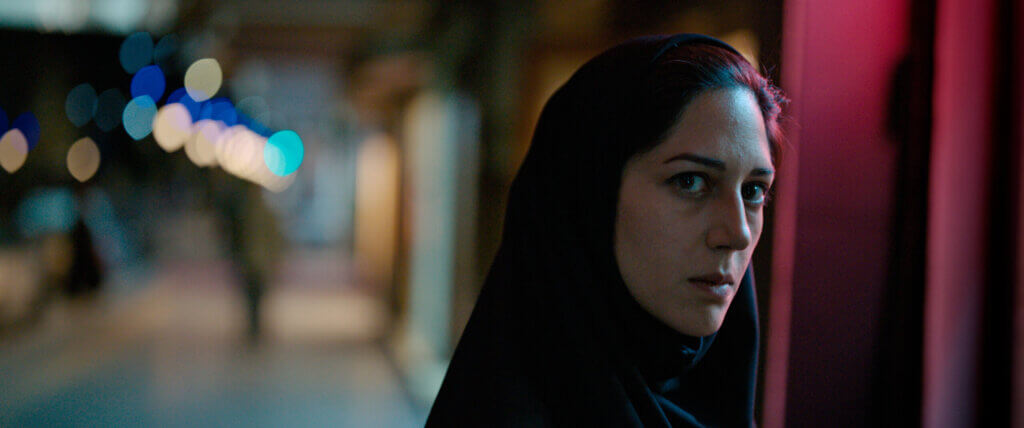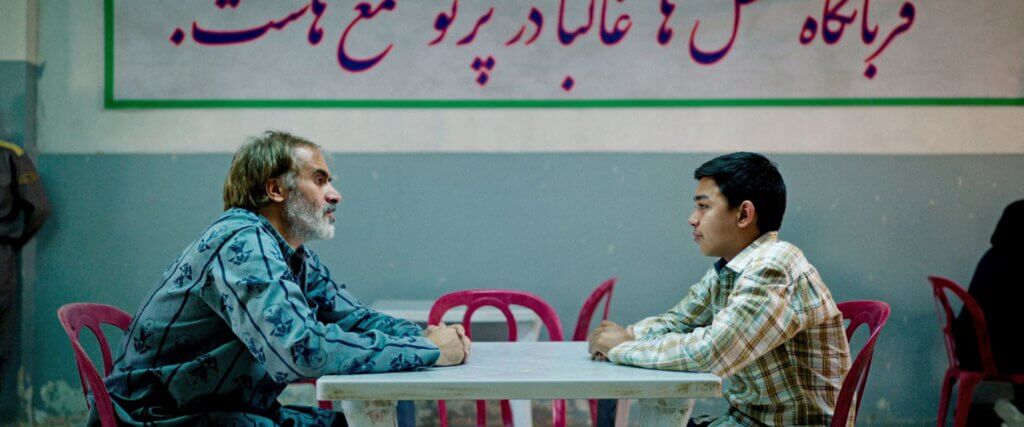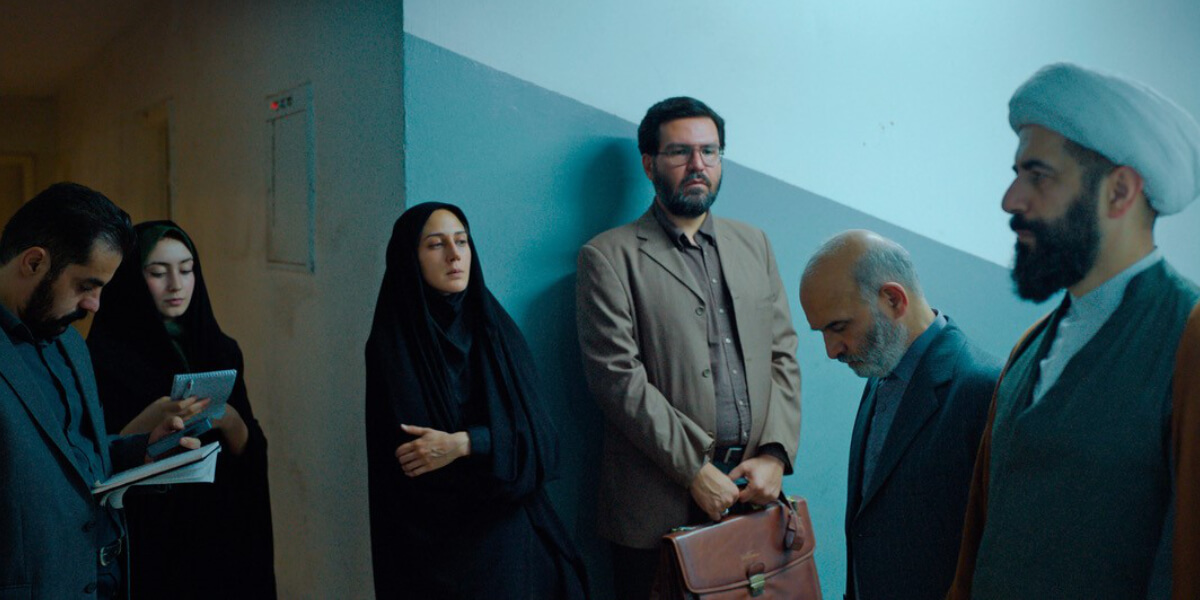“Holy Spider” movie spins an unsettling web of moral confusion
Discover “Holy Spider,” Denmark’s official submission for Best International Film at the 2023 Academy Awards. Despite being purposefully hard to watch, this movie, directed by Ali Abbasi, is far from a typical serial killer flick. Instead, it aims to shine a light on the deep-rooted misogyny within Iranian society and explore the cultural factors that contribute to this grim reality.
The film uncovers the horrifying true story of a construction worker in Mashhad who saw himself as a holy crusader, targeting and strangling female sex workers. What makes this tale even more disturbing is that the victims were killed using their own headscarves, symbolic of their public obligation to wear them. While such symbolism may appear too obvious in a fictional story, it carries immense weight and impact in “Holy Spider,” delivering a chilling and disturbingly accurate portrayal.
Within the narrative, the character of investigative journalist Rahimi from Teheran, played by Zar Amir Ebrahimi, assumes a pivotal role as a moral compass amidst the quagmire of cultural misogyny and religious extremism. Drawing inspiration from Clarice Starling in “The Silence of the Lambs,” Rahimi provides guidance and becomes a beacon of hope. As she navigates her journey alone and unsupported by authorities, her interactions with the local police gradually wear her down. However, a single male detective emerges as a source of support for Rahimi’s mission, inadvertently providing critical insights into the mind of the serial killer.

In addition to the gripping storyline, “Holy Spider” also incorporates elements from Ebrahimi’s personal experiences, incorporating a subplot that parallels her real-life #metoo situation with an editor in Teheran. This nuanced portrayal sheds light on the adversity she faced. When the leaked private sex recording destroyed Ebrahimi’s reputation, she fled Iran to avoid a sentence of 99 lashes and 10 years in prison. The trial process subjected her to further ostracization and harassment, highlighting the harsh realities faced by women in Iranian society.
While Ebrahimi’s career in Iran came to an abrupt end, her international success was only beginning. Winning the prestigious Best Actress award at Cannes for her role in “Holy Spider” and securing a spot on BBC’s list of 100 influential women, she became a global inspiration.
In addition to the gripping storyline, “Holy Spider” also incorporates elements from Ebrahimi’s personal experiences, incorporating a subplot that parallels her real-life #metoo situation with an editor in Teheran. This nuanced portrayal sheds light on the adversity she faced. When the leaked private sex recording destroyed Ebrahimi’s reputation, she fled Iran to avoid a sentence of 99 lashes and 10 years in prison. The trial process subjected her to further ostracization and harassment, highlighting the harsh realities faced by women in Iranian society.
While Ebrahimi’s career in Iran came to an abrupt end, her international success was only beginning. Winning the prestigious Best Actress award at Cannes for her role in “Holy Spider” and securing a spot on BBC’s list of 100 influential women, she became a global inspiration.

Therefore „Holy Spider“ also reflects her treatment and traumatic experiences within Iranian society and makes it all the harder to watch – but it has to be. The bitter irony at the heart of this movie is as fascinating as timely: How does a holy city not only foster but actively embolden prostitution and merciless carnage? The answer of “Holy Spider” is crystal clear: because cops and judiciary and the killer himself are all part of the same patriarchal mindset – and as the movie ends with a pitch-black comment on the intergenerational imprinting of hatred and misogyny, it also offers a difficult, but not impossible way out of this vicious circle. The revolution has just begun and it’s up to the next generation and especially fathers to create a better future for themselves and their sons and daughters as the Iranian system has already failed them.



























